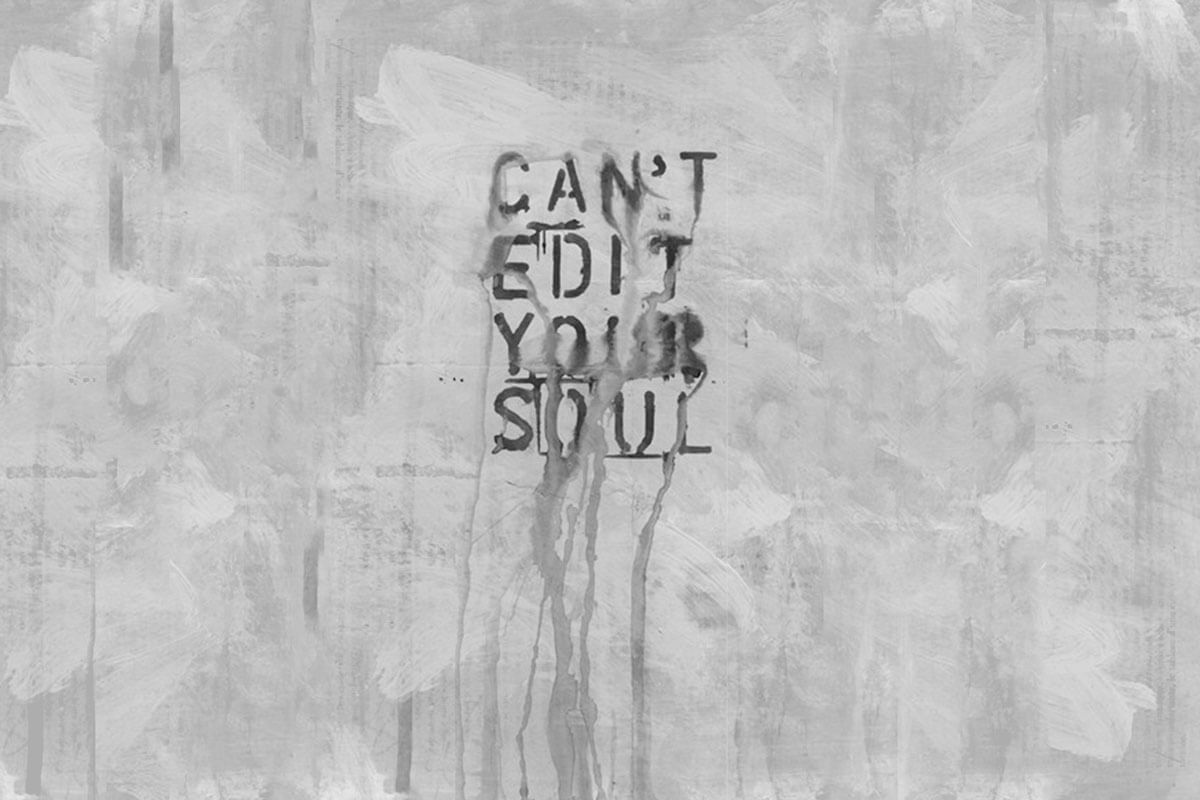*Image By Helen Lyôn
Part I
This morning I had the urge to spew some self-righteous bull about my views on the state of our dance. But then I remembered that this would be judgmental. How can you judge something that is invisible: soul! It’s both amusing and frustrating to realize that it takes patience to develop an attitude of surrendering to the fact that in dance like in many other art-forms, some things are lost in translation. Like what it means to have “soul” when you dance.
Soul from an African-American cultural perspective is a mixture
“Soul music gave a voice to America’s emotions. With stories of life, love, pain, and pleasure, it reflected the emotions and ideas of a time when politics and people were clashing. ”
Norvell A. Molex Jr.
A lot of people believe that “soul” can be taught. In my opinion, “soul” cannot be taught. “Soul” is both personal in spirit and transpersonal through culture. It’s an essence that is invisible, indivisible and subtle. When I watch people confuse “soul dances” with having “soul” in ones’ dance, I feel like saying… “No it’s not something you can learn by doing a set of steps or repetitive movements, it’s something that is in you but becomes only visible to others if that soul is transformed or transcends through authentic emotions. Soul dancing was the result of many bodies coming together to express a feeling created by the emotionally charged music people were listening to at a time when the tongues of the oppressed
Nowadays it’s almost abnormal to be open and show your feelings when society has been dictating the suppression of those inner feelings for thousands of years. A society that told all of us that our ancestor’s cultural traditions did not matter yet they pillaged the land and the native people to start their “so-called” New World and start their “own” traditions. The music created then, was a way to free ourselves from the inner and outer turmoils. We danced to celebrate or to mourn.
That said, not everyone can or is meant to transcend soul through dance just like not every writer is gifted toward poetic proses that touch the deeper layers of another’s being with mere words.
In this generation where soul has become so abstract, we cannot begin to judge the dancers that are told that to achieve soul in their dance, a precise formula has to be practiced. There is no way to break down a feeling into parts. Unfortunately, that is why separation is necessary for people trying to make sense of something intangible. When they separate, they feel more in control over what is taught. Unfortunately, they are not teaching you how to achieve or exhume soul, they are teaching techniques and steps that they “believe” will convey “their historical representation and perception” of what “soul” is. Sounds like a religion to me. But soul is highly personal and subjective.

